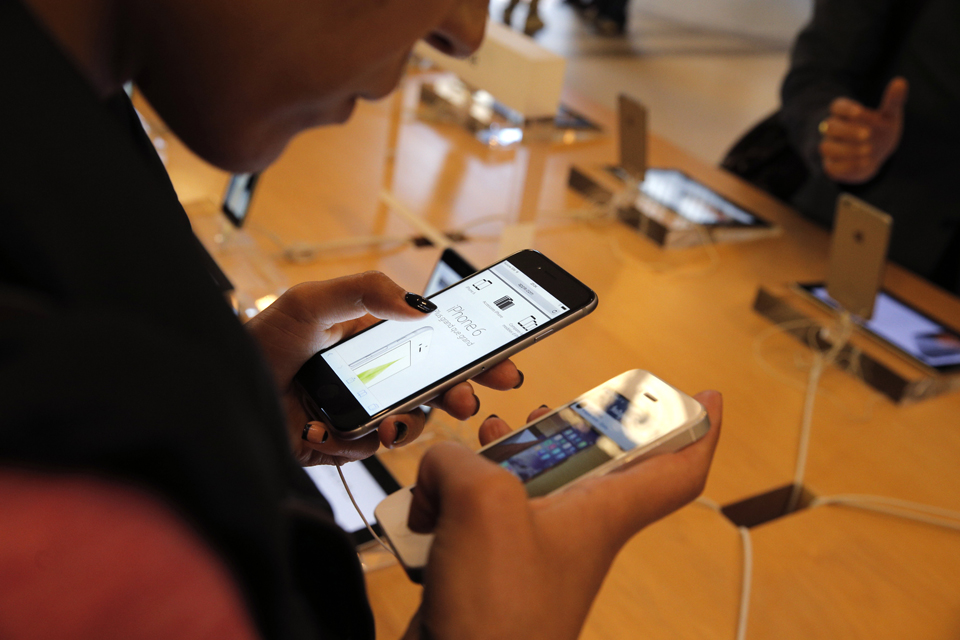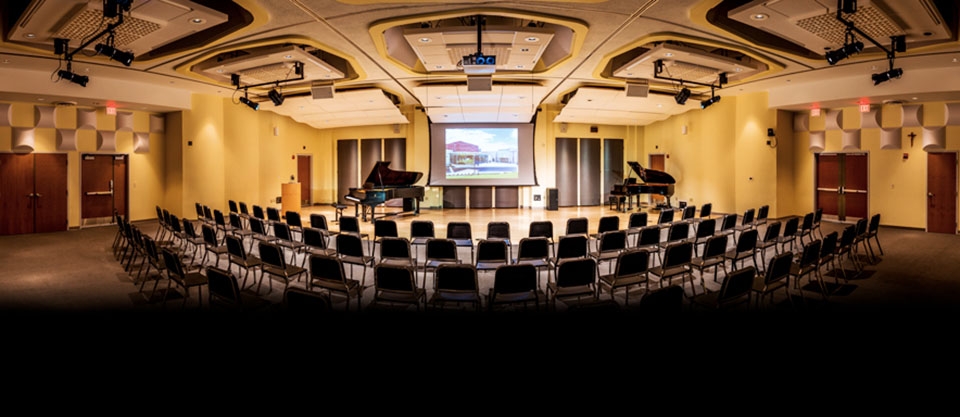
By Kailey Love | Student Columnist
Social media provides us with so much – a public soapbox on which to stand, a portable news outlet, a place to post pictures of our lunch that would otherwise go unseen by our hundreds of online friends and (according to new studies) our daily dose of sleep deprivation.
BBC News School Report conducted a poll of over 250 students at Tarporley High School in Cheshire, England and found students spend three to four hours on social media at night alone.
Some students even reported staying awake until three in the morning just to peruse social media. Many participants also described instances where they were unable to stay awake in class due to all of the time they spent on their phones the previous night.
Heather Cleland Woods, a psychology professor at the University of Glasgow who specializes in sleep research, refers to this phenomenon as a “digital sunset,” equating the hours spent on digital devices before bed to the sun setting hours before one usually goes to sleep.
A recent study conducted by The Guardian at a secondary school in Scotland found that such late night social media affected not only teen’s quality of sleep, but the state of their mental health as well.
Following a poll of 460 students between the ages of 11 and 17, results showed that these teens felt pressured to be available at all hours via social media, and actually experienced high levels of anxiety if they missed an important post or didn’t immediately respond to a text. These results would definitely explain why so many teens are turning to Twitter instead of a good night’s rest.
While the results of these studies do not come as a surprise, they are rather alarming. The fact that today’s youth are so attached to their various media platforms that they are unable to sleep is frightening in itself, and these studies didn’t even factor in how many hours these students spent on their devices during the day.
Not to mention all the consequences that these distractions carry – not only does lack of sleep hinder one’s ability to focus on things such as school and work, but it is also linked to mental health issues like stress or depression, according to The Guardian.
However, teens are not the only age group that face the consequences of overindulging on media. A study done by Miriam Hospital’s Center for Behavioral and Preventative Medicine in Providence, Rhode Island focused on 468 girls in their freshman year of college and found that they spent an average of 12 hours social networking, which was linked to acquiring a lower grade point average due to less focus on academic performance.
Even though the phrase “social media is taking over our lives” is usually thrown around loosely and meant as a joke, this cliché isn’t so funny anymore. When you take all of the hours spent on Instagram, Tumblr and Facebook alike, there is little time left for anything else.
The earlier these habits develop, the harder they are to break as these teens enter into adulthood. Due to the anxiety teens feel when separated from their digital devices (even when this separation is only a few hours dedicated to sleep) it is incredibly hard to disconnect. Social media was created to provide us with amusement, not anxiety.
While it’s always fun to keep connected on social media, too much of a good thing is unhealthy. All of those funny tweets and interesting Insta posts will be there tomorrow – and they’re not worth losing sleep over, guaranteed.




